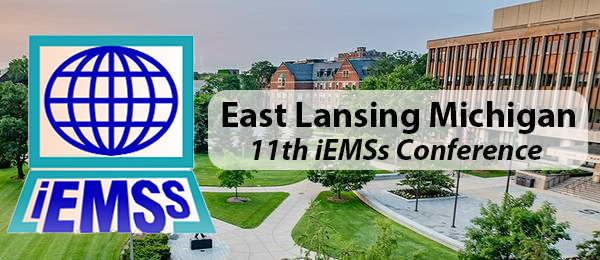Keywords
knowledge systems; deep uncertainty; knowledge governance
Start Date
7-7-2022 2:20 PM
End Date
7-7-2022 2:40 PM
Abstract
Much of the literature on decision making under deep uncertainty has its roots in decision aiding and systems analysis, and therefore focuses on planning. Work on adaptive planning, resilience, and signposts and triggers, however, begins to cross into the realm of implementation, encountering issues with organisational and institutional change. Implementation relies on a supporting knowledge system that ensures that knowledge is available when a decision needs to be made, and knowledge is updated over time. This presentation explores what such a knowledge system might look like, centred around a knowledge base that acts as a boundary object facilitating conversations about knowledge governance. It builds on a semantics-first rather than data-first approach, within which conceptual modelling helps to structure and revise knowledge over time, identify knowledge gaps, discuss what methods would satisfy minimum information requirements, and support research or data collection investment planning. Examples are provided from experiments with knowledge bases in different contexts in the water sector.
Designing a knowledge system for managing deep uncertainty?
Much of the literature on decision making under deep uncertainty has its roots in decision aiding and systems analysis, and therefore focuses on planning. Work on adaptive planning, resilience, and signposts and triggers, however, begins to cross into the realm of implementation, encountering issues with organisational and institutional change. Implementation relies on a supporting knowledge system that ensures that knowledge is available when a decision needs to be made, and knowledge is updated over time. This presentation explores what such a knowledge system might look like, centred around a knowledge base that acts as a boundary object facilitating conversations about knowledge governance. It builds on a semantics-first rather than data-first approach, within which conceptual modelling helps to structure and revise knowledge over time, identify knowledge gaps, discuss what methods would satisfy minimum information requirements, and support research or data collection investment planning. Examples are provided from experiments with knowledge bases in different contexts in the water sector.



Stream and Session
false